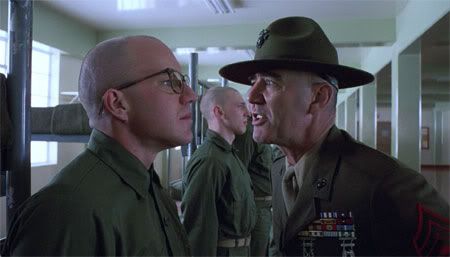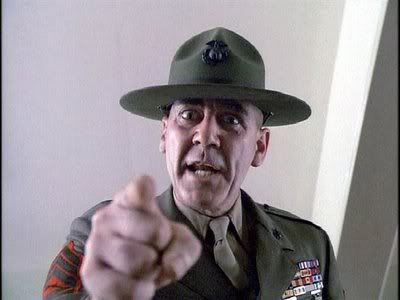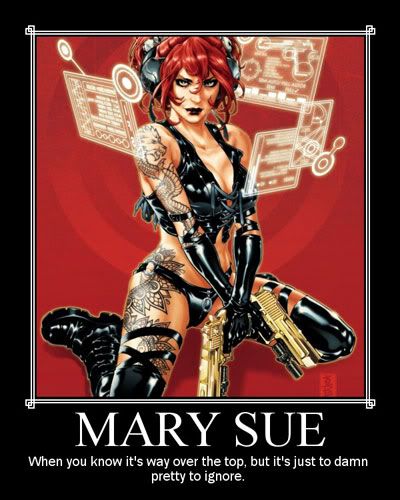
Some time ago I posted about dry spells in writing. I would like to take you, if I may, into another metaphor for the things that can happen to a writer that don’t really fall into the category of ‘writer’s block’. A writer or other artist may have no shortage of work or ideas, but when the time comes to sit down and produce, nothing happens. The ideas are in the brainpan, jumping around and screaming to get out, but the gates just won’t open.
This is the sort of thing that happens when you run out of steam.
In the aftermath of a project’s completion, the end of a workweek or the conclusion of some sort of trip or activity, there can be a dearth of energy that works counter to any plans or ideas one might have. “After I finish this project/get home from work Friday/go see so-and-so, I’ll be sure to sit down and bang out a thousand words!” It’s an optimistic statement, filling the endpoint of the timeline with hope and promise. Then, when you reach the end of that timeline and clear your decks for action… nothing happens. The engine grinds to a halt. Something has gone wrong, somewhere, and despite one’s deep desire to move forward, there’s no motion whatsoever.
So what happens next?
Rekindle the Fires: Go Back To Your Sources

A lot of artists take notes or make sketches. Rarely does a work spring fully-formed from the mind of the creator, shining with goddess-like beauty and clad in armor that is both practical and beautifully revealing. More often than not they need to be stitched together and zapped into life by some Frankensteinian alchemical process. This means you had raw material to work with before you began refining it into a coherent, singular idea.
If that idea is having trouble taking shape, go back to your source. Look over your notes, and make revisions if you want. Do more sketches. Jot down peripheral ideas. Something you thought of in passing during the early stages of the project might blossom into the sort of idea that gets your engine running again. That minor character you wanted to write out of your story, or a color that you didn’t think would work in the final product? Take those in a new direction.
Fix The Pipes: Edit Existing Constructs

If you’ve run out of steam partway through a project, you’ve already established some things with which you’re relatively pleased. But can they be better? Can you improve upon what you’ve already done to make what you’re going to do possible? Go back to the beginning and critically observe the work.
In addition to helping put you back on track, you might catch something you otherwise might have missed. You might get a new idea that channels through to the unfinished portions, again taking the work in a new and interesting direction. And you might just shore up a part of the work that was a bit wobbly. Either way, it’s a better use of your time than staring at the work and drumming your fingers on the desk waiting for that nubile junior goddess to chisel her way out of your skull.
Change The Water: Dabble In Other Projects

This might be the procrastinator in me talking, but I think it’s a bit rare for an artist to only have a single item on their plate. I have a few irons in the fire and I suspect some of the people I consider artists are in a similar situation. So, if you’re finding yourself in a logjam with one project and there’s no pending deadline, work on something else. Brew up more creative energy that can then be redirected to the ‘problem child’.
It could be something as simple as character notes for another work or even a game, a new story idea that you begin to develop, fresh sketches of something you’ve seen in your mind’s eye, or one of those pedantic “advice”-filled blog posts that ramble on for a bit before coming to a final focal point.
The bottom line is, you’re not chained to any one work. Art is about creative freedom, by and large. You should exercise your right to think and create without a net, try something new and maybe build up enough momentum to plow through the difficulty you’re experiencing.
Or maybe you’ll get lucky and that goddess will burst from your cranium to end up in your lap.
Wait, am I the only one who thinks that wouldn’t be a bad thing? Sure, your head will hurt like hell while she’s getting out, but once she is, you have a goddess in your lap.
Think about it.








